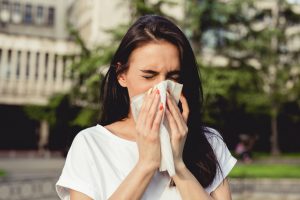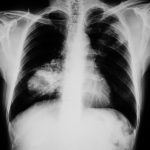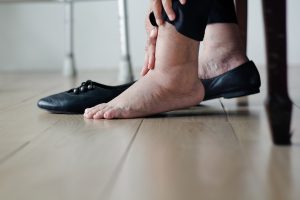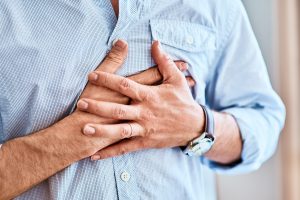Most people associate flu season with the late fall and winter months but it is also possible to get the flu during the summer. While the colder weather can help the flu virus to flourish, it is important to remember that it is not the temperature that causes the flu. The virus is spread by coming in to contact with someone who already has it.
Summer flu symptoms are the same as they would be during any other time of the year and can include:
- High fever
- Chills
- Body aches and pains
- Headache
- Fatigue
- Dizziness
People who are at high risk for developing complications from the flu include:
- Women who are pregnant
- People over the age of 65
- People who have a weakened immune system
- Children under the age of two
- People who have diabetes, heart disease, or lung disease
Ways to avoid the flu include practicing good hand-washing hygiene, eating healthy, getting enough rest, and avoiding people who are ill.
If you think that you are experiencing flu-like symptoms you should see your medical provider to get diagnosed and start treatment. If you would like to schedule an appointment with a physician at Flushing Hospital Medical Center please call 718-670-5486.
All content of this newsletter is intended for general information purposes only and is not intended or implied to be a substitute for professional medical advice, diagnosis or treatment. Please consult a medical professional before adopting any of the suggestions on this page. You must never disregard professional medical advice or delay seeking medical treatment based upon any content of this newsletter. PROMPTLY CONSULT YOUR PHYSICIAN OR CALL 911 IF YOU BELIEVE YOU HAVE A MEDICAL EMERGENCY.







